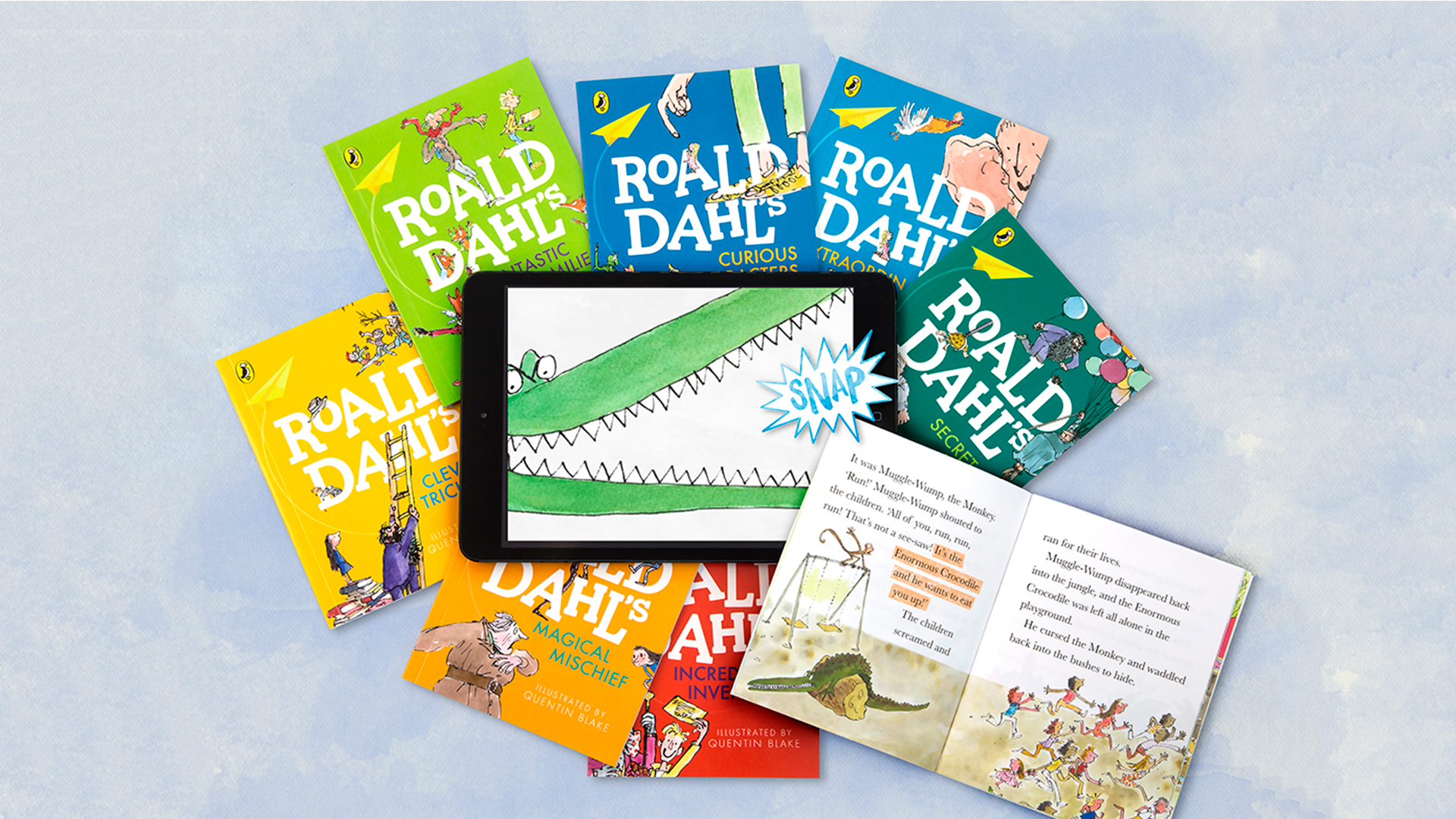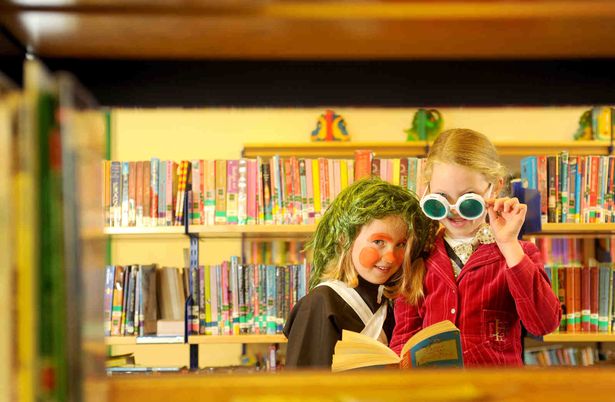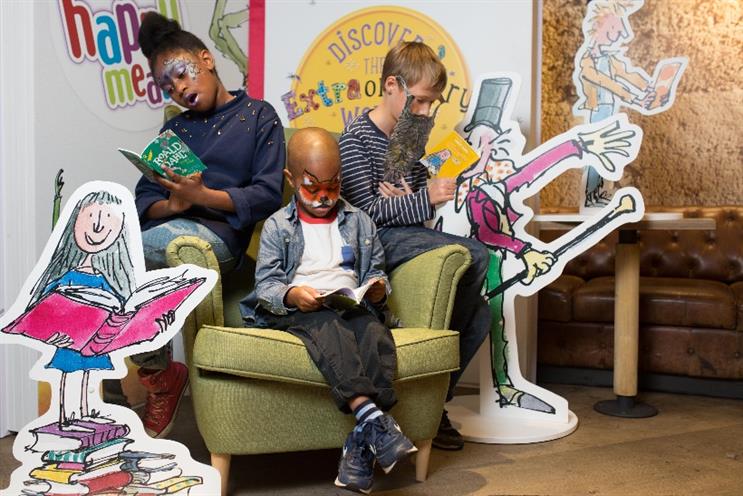Shopper marketing lessons from across the pond
When you kick off a career in a country as small as New Zealand, at some point, stepping outside your comfort zone becomes essential. For Chemistry Account Manager Roshani Mehta, the quest to break the career boredom bubble lead her all the way to The Marketing Store (TMS) in London.

Before starting her role at Chemistry, Roshani (‘Rosh’ to us) worked as an Account Manager at TMS, overseeing and influencing creative output for McDonalds Happy Meals. “It was a really great experience. Tough – they move at lightning speed – but I’d highly recommend it to anyone looking for a change,” she says.
We sat down with Rosh to pick her brains about shopper marketing (and how watching UK agencies closely could help us nail it here in New Zealand). Here’s what we learned.

- Social responsibility is more than just a buzzword.
As consumers become more ethically minded and marketing savvy, focussing on social good isn’t just a nice idea, it’s a growing necessity. In fact, when a big brand’s biggest challenge is minimising past stigma, shifting the focus towards a little bit of good can be a logical first step.
“There is a stigma that McDonalds isn’t good for children health-wise, but in the U.K for young children reading and literacy stats are also really, really low,” Rosh explains.
“As part of their social responsibility, McDonalds came up with this concept called ‘Happy Readers’ – a programme they run year-round using quiz questions on the education panel of the Happy Meal box, and also online using digital e-books and Happy Readers book discount codes.”
By running the Happy Readers campaign, Happy Meal UK was able to support an important cause their target audience cared about, enhancing their brand without hindering their final product.
“It was such a cool way to use the Happy Meal box for more than just promoting a toy. The box stayed so interactive and things like the Roald Dahl campaign were massive,” she says. Since its launch in 2013, the Happy Readers campaign has delivered over 61 million books to British children.

- Everyone’s a stakeholder (and all stakeholders are important).
A project as big as McDonalds Happy Meal calls for a big team and multiple opinions – but how do you make sure you’re delivering work everyone’s happy with?
“That was probably the biggest challenge,” Rosh says. “You had so many stakeholders involved, and because there were so many it was hard to keep everyone aligned with the final product… it really came down to clear communication.”
“You really need to understand what everyone needs within that mix. It’s about being very open to change and clearly communicating the needs of each party to make that end result happen,” she says.
Rosh enjoys using these skills in a small agency environment like Chemistry too. “You’re not just another cog in the wheel, you can actually make a difference. Having less hoops to jump through is great, and I like forming my own relationships with clients to the point where they trust me to be the expert for them.”

- Spend better, not bigger.
Moving from a big to small market certainly has its challenges. As Rosh observes, “In New Zealand, sometimes it’s really hard to make monumental things happen, because the uptake and redemption is and can be so low. We’re limited by our size sometimes, especially budget-wise, and that’s just a reality.”
Her solution? Apply creative ideas purposefully to captivate the audience you do have. “There are so many amazing things brands are doing, especially in the digital space with AI and VR, but you need to make sure you’re taking that technology and using it for a purpose,” Rosh says.
“You can make and plan so many incredible things but first you need to stop and think ‘what’s this for? What could it be doing for my brand?’ and also considering the story you’re trying to tell and what you’re aiming to achieve with that budget.”

- Never, ever stop learning.
For Rosh the biggest take-away from her time in London was also the simplest of all – if you want to truly grow as a professional, learn all you can and never stop.
“Ultimately, it’s about keeping your finger on the pulse, actively keeping up with market research, and to always keep learning,” she concludes. “You definitely don’t stop learning when you leave uni, you’re constantly evolving in your role and constantly watching what’s new or how you could be doing something better.”
We couldn’t have said it better ourselves!
